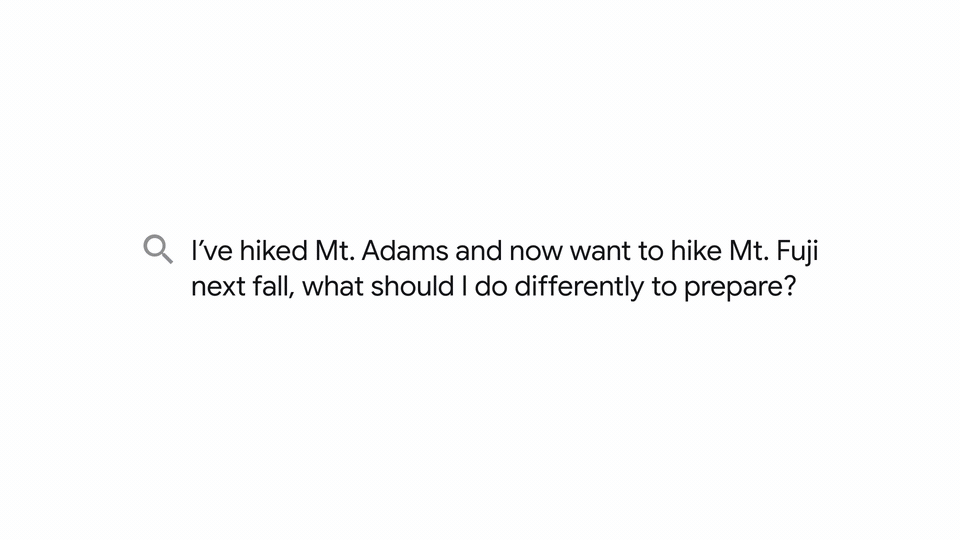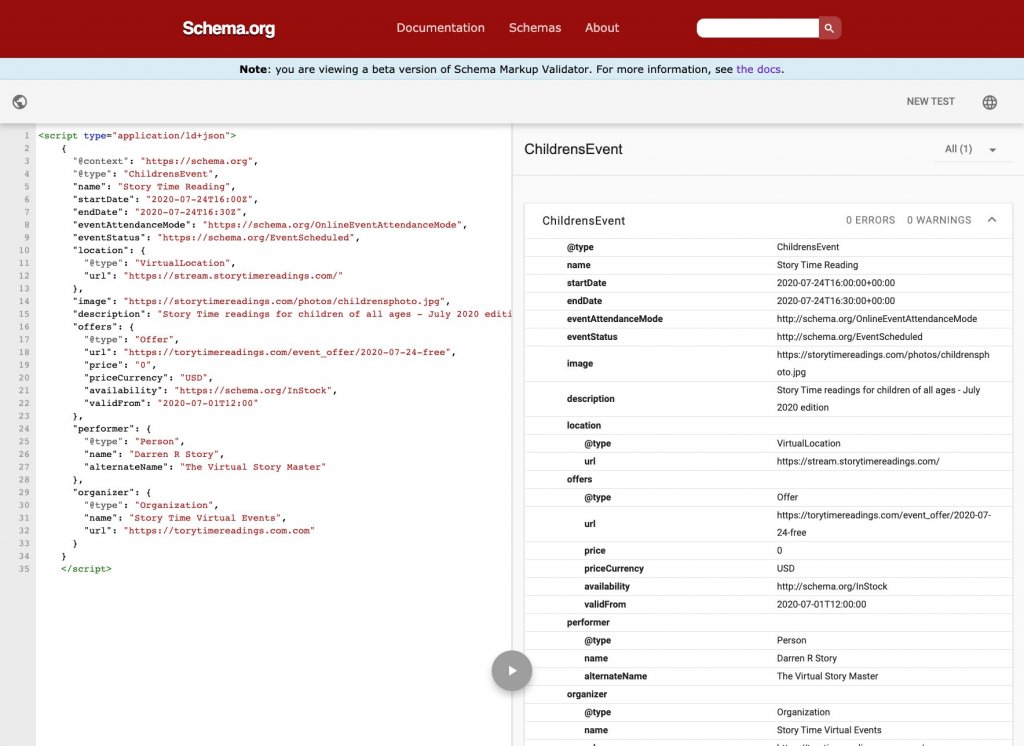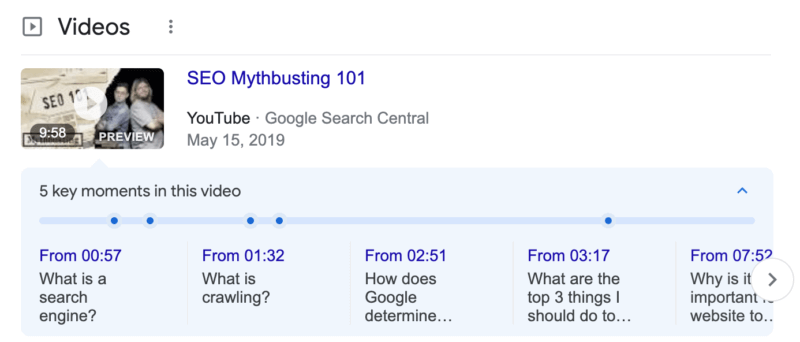Join Fusion’s SEO team as we round up last month’s major industry updates.
Google Announces MUM – New Tech That’s “1,000x More Powerful Than BERT”
Google showcased a new AI technology called MUM (Multitask Unified Model) during Google I/O, this will help to better understand language and interpret queries for more complex tasks within search.
According to Google, MUM is built on a transformer architecture, similar to BERT, however, it is 1,000x more powerful and capable of multitasking to connect information for users in ways that present-day search engines cannot. MUM is trained across 75 different languages, allowing it to develop a more comprehensive understanding of information and world knowledge.
Here’s an example of how MUM can interpret a query to surface other helpful subtopics for deeper exploration:

It’s not live yet, and Google says they will announce once it is added to search. The only indication as to when this may be was given by Google saying, “We’ll bring MUM-powered features and improvements to our products in the coming months and years”.
Schema.org Launches New Schema Markup Validator Tool
A new schema markup validator tool has been launched as a subdomain on the official Schema.org website, this comes as a “refocused” replacement to Google’s Structured Data Testing Tool, which Google had originally planned to deprecate. However, after backlash, it was decided to improve and house this outside of Google’s direct property as a more “general purpose” schema validator.
The new tool allows for testing of structured data types outside of what Google uses to render rich results, which the Rich Results Test does not offer the ability to test for.
The new Schema Markup Validator has the following functionalities:
- Extracts JSON-LD 1.0, RDFa 1.1, Microdata markup.
- Displays a summary of the extracted structured data graph.
- Identifies syntax mistakes in the markup.
Here’s what that looks like in practice:

Page Experience Ranking Eventually Coming To Desktop
In an announcement at Google I/O, Jeffrey Jose, a Google Product Manager revealed that planning is in place for Page Experience to become a ranking factor for desktop, as well as the initial rollout for mobile pages commencing in the coming weeks.
“I am happy to announce that we are bringing page experience ranking to desktop. While we’re launching page experience on mobile soon, we believe page experience is critical no matter the surface the user is browsing the web. This is why we’re working hard on bringing page experience ranking to desktop. As always we’ll be providing updated guidance, documentation and tools.”
More confirmation came later from this Tweet:
This announcement now means that the work being done across the industry to improve page experience on mobile pages, should now also be applied to desktop.
Two New Video Content Structured Data Markups
Another exciting announcement from Google I/O came when John Mueller, a Google Search Advocate, revealed two new schema markups for video content that can help to gain more visibility within search results.
The first being Clip markup, which is now live. This allows you to manually tell Google what timestamps and labels to show for key moments within the video.
Here’s an example of how that shows as a rich result in search:

Seek markup is the other, this is not yet live and is currently still in the pilot phase, however, Google says it can “Use machine learning to analyze your video content and automatically determine relevant segments for you. All you have to do is tell us how to link to an arbitrary timestamp within the video hosted on your pages, and we’ll do the rest”.
Once both live and functioning, these new properties should be nested within the existing VideoObject schema on the page.
If you found this update useful, check out our latest blog posts for the latest news, and if you’re interested in finding out more about what we can do for your brand, get in touch with the team today.
by George Bonelle





